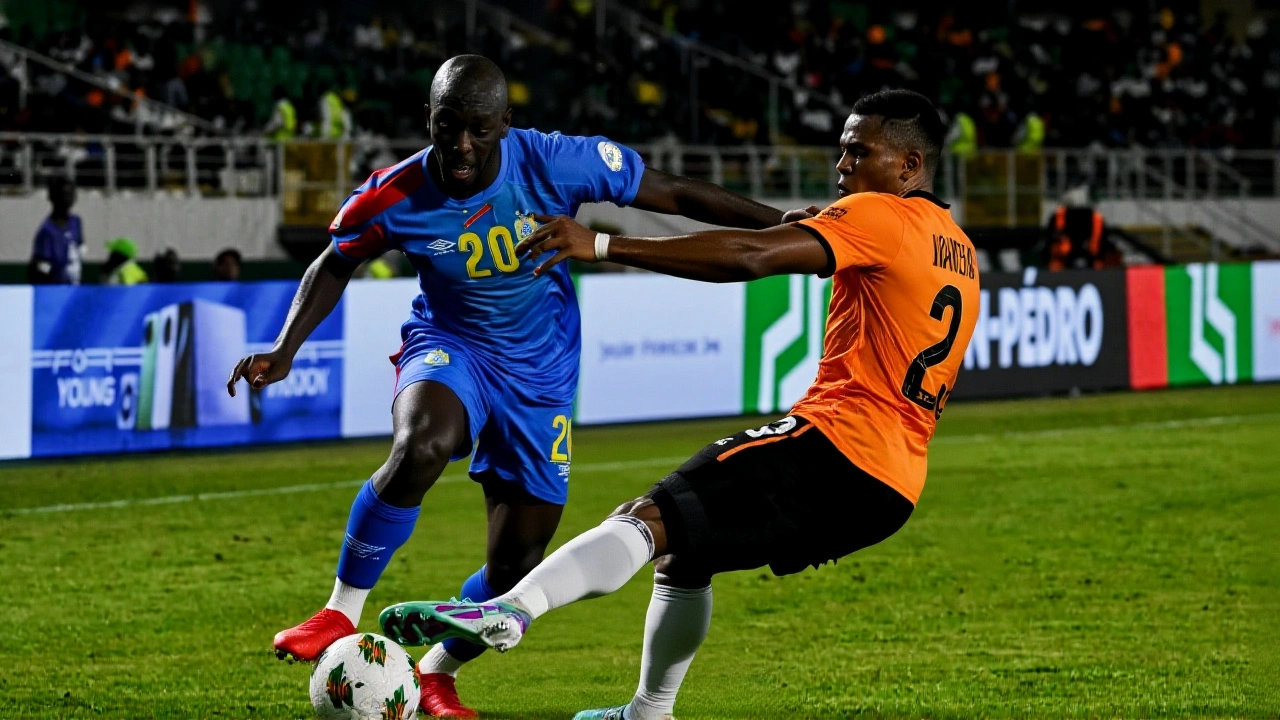Madagascar CHAN Final
When talking about Madagascar CHAN final, the championship match that decides the 2025 African Nations Championship winner for Madagascar’s home‑grown squad. Also known as Madagascar’s CHAN showdown, it marks a historic moment for the island nation’s football scene. The African Nations Championship (CHAN), a biennial tournament reserved for players who compete in their domestic leagues provides the stage, while the Madagascar national football team, the squad made up solely of locally based professionals fights for the trophy. The governing body, Confederation of African Football (CAF), the organizer of CHAN and other continental competitions, sets the rules and ensures fair play. The final encompasses the tournament’s climax, requires peak fitness and tactical discipline, and influences the growth of football on the island.
How CHAN Shapes the Road to the Final
CHAN follows a knockout format after a group stage, meaning every match can end a nation’s dream. The tournament’s attributes include: Eligibility – only players registered in domestic leagues; Frequency – held every two years; Exposure – scouts and clubs watch closely for emerging talent. For Madagascar, the 2025 edition offered a chance to showcase home‑grown stars on a continental platform. The competition’s structure demanded that the Malagasy side master both defensive solidity and quick transition play, a tactical balance emphasized by the coaching staff throughout the qualifiers.
Preparation for the final went beyond the pitch. Training camps were set up in the high‑altitude region of Antsirabe to boost stamina, while video analysis sessions broke down opponent patterns from the group round. The team’s key attributes—team cohesion, local league experience, and a passionate fan base—were measured against the tournament’s demands. Player statistics showed an average of 78% pass accuracy during the knockout phase, and the defense kept clean sheets in two of the three matches leading up to the final, reflecting the high standards required by CHAN.
The role of CAF, the organizer that administers the competition’s schedule, disciplinary rules, and prize distribution cannot be overstated. CAF’s decision to host the final at the newly renovated Stade de Mahajanga, a 25,000‑seat arena equipped with modern lighting and a hybrid grass surface added a professional atmosphere and boosted ticket revenue for the host nation. CAF also introduced a technology‑assisted referee system for the first time in CHAN, raising the match’s credibility and ensuring that the final’s outcome would be decided on merit.
Fan culture around the Madagascar CHAN final was electric. Local supporters organized caravan trips from Antananarivo, filling the stadium with blue and red banners. Economic impact studies predicted a surge of USD 3.2 million in hospitality sales during the match weekend, illustrating how sport can drive short‑term growth for host cities. The atmosphere was described by players as “the loudest we’ve ever heard in a home game,” a testament to how deeply the final resonated with the community.
Below you’ll find a curated collection of articles that break down every angle of the Madagascar CHAN final—from tactical analyses and player spotlights to behind‑the‑scenes looks at CAF’s organization and the stadium’s role in the event. Dive in to see how each piece fits into the bigger picture of Madagascar’s historic football moment.
Madagascar Stuns Sudan 1-0 in Extra Time to Reach First CHAN Final
Madagascar stunned Sudan 1‑0 in extra time to clinch a historic CHAN final spot, sparking nationwide celebrations and boosting the island’s football hopes.

